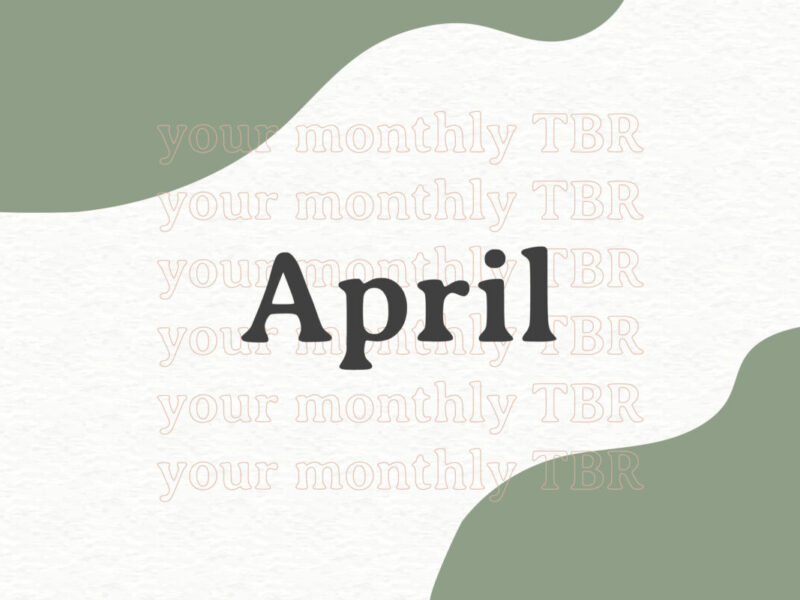If love remains one of poetry’s most enduring subjects, the lack or collapse of love persists just as strongly. Even Shakespeare, who wrote in the 1600s, dedicated a sonnet to a lost lover who had broken his heart, writing, “Since I am near slain, / Kill me outright with looks and rid my pain.” If that last couplet doesn’t reveal that it’s normal to be dramatic, petty, or overcome with whatever emotions you’re feeling, I don’t know what could.
Sure, breakups may prove different and even more difficult now, with the presence of social media and the ability to call your ex in the span of one second (don’t do it). However, this points to why poetry stands out as even more crucial in modern times.
Like a pint of ice cream, poetry provides the opportunity to indulge, to sit with your feelings, and to be comforted. You can also consider making poetry part of a larger post-breakup self-love project. For example, I recommend this gentle and affirming Yoga for a Broken Heart routine and some guided, empathetic journaling. As with other tough situations, look to poetry.
“Kisses” by Kim Addonizio
Once, I arrived in my poetry class still a little teary-eyed after a hard breakup. My poetry professor responded by reading this poem aloud for the class, calling it one of her favorite “comfort poems.” Every time I read through it, I can still hear the soft and powerful cadence of her voice, and how it lulled the classroom.
The poem begins with “All the kisses I’ve ever been given, today I feel them on my mouth.”
With this evocative first line, Addonizio acknowledges the lingering ghosts of past loves but welcomes them. Later, she writes, “Today I know I’ve lost no one. / My loves are here: wrists, eyelids, damp toes, all scars, and my mouth / pouring praises.” This illuminates the speaker taking stock of herself and appreciating all parts, even the flawed or painful ones.
To me, this poem suggests the popular idea that love never leaves us, but that it’s okay. Addonizio urges us to see past loves as bittersweet confidants, while also believing new ones will someday appear just as magically.
“Errata” by Kevin Young
Beyond a perfect poem for a breakup, Young’s book Jelly Roll: A Blues establishes itself as a perfect book for a breakup. Young explores the tradition of blues as a jumping-off point for heartbreak’s restlessness, pain, and alternating hopefulness and hopelessness. Sometimes, his poems help heartbreak make more sense, sometimes they don’t, and sometimes, they strike the nuanced in-between.
In “Errata,” Young ruminates almost whimsically in a breakup’s muddied aftermath, twisting the lyrics of a typical “ain’t-too-proud-to-beg” anthem to their silly, yet strangely honest limits. He writes “Baby, give me just / one more hiss” and “I want to hold you / in my harms.” The poem ends with “With this sing / I’ll thee shed.” In this poem, both what’s said and what isn’t said sparkles with yearning. Young gives permission to be a little ridiculous and to appreciate the surprising truths found there.
“Are All the Break-Ups in Your Poems Real?” by Aimee Nezhukumatathil
After a breakup, there are a lot of times when you just want to tell every well-meaning person to shut up. You know, those people who notice you’ve changed your relationship status on Facebook and ask about it, or the ones who let you know they never liked your ex, anyway. Okay, you think, but that’s not exactly helpful.
In this poem, Nezhukumatathil draws on the snark you may feel forced to suppress, and the result is something that’s rare in a poem: both absurdity and hilarity. The poem addresses its titular question, responding, “If by real you mean as real as a shark tooth stuck / in your heel, the wetness of a finished lollipop stick / the surprise of a thumbtack in your purse — / then Yes.”
As I typically find with poetry, the sensations mentioned here feel so visceral and oddly specific that it’s like someone really has been through your exact problems before.
After this list, Addonizio plays into the joke, pretending that she simply made up the breakups. “I have made them up — all of them — / and when I say I am married, it means I married / all of them, a whole neighborhood of past loves. / Can you imagine the number of bouquets, how many / slices of cake?” Sometimes, you just have to laugh.
“what i miss most is how you loved me” by rupi kaur
This poem revolves around an understanding that’s crucial after a breakup: The end of your relationship does not and cannot signify the end of your self-worth. Though Kaur first writes about the sadness of unrequited love, she soon realizes that the real tragedy lies in how she lost love for herself. The poem sees her regain strength and proclaim her own worthiness.
Kaur emphasizes, “how cruel i was to myself. giving you credit for my warmth simply because you had felt it. thinking it was you who gave me strength. wit. beauty. simply because you recognized it. as if i was already not these things before i met you. as if i did not remain all these once you left.”




